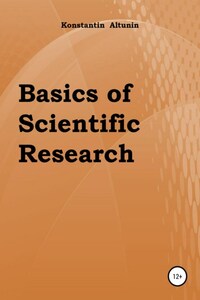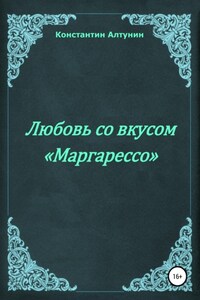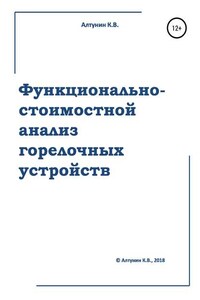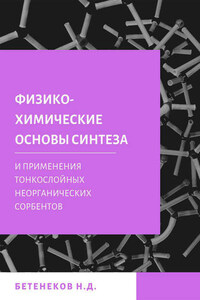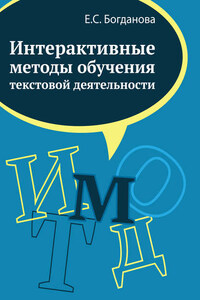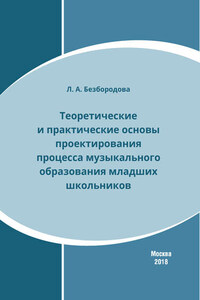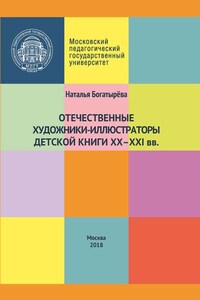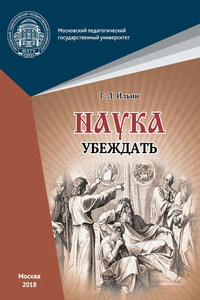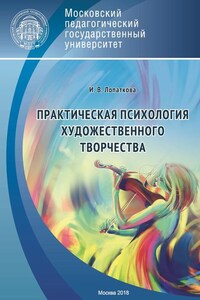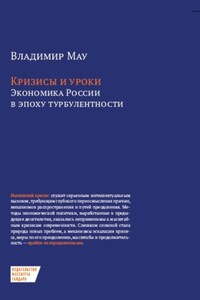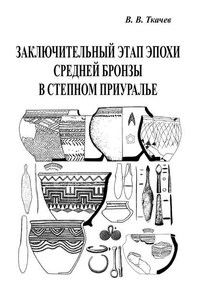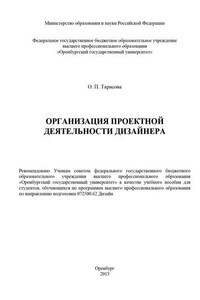© Konstantin V. Altunin, 2019
Preface
The idea to create such a book was born earlier, and I would say much earlier than the date of its publishing. The reason was that I studied as a post-graduate student and was forced to pass examinations one of which touched upon the basis of scientific knowledge and philosophy of science.
Nowadays we live in the up-to-date changeable world and still try to beef up true knowledge about laws of it, not only laws of physics that seem to be discovered and passed hard during long ages from the sir Newton till the physician Einstein, from discovery of a wheel up to the appearance of nuclear reactors… It’s just obvious for the part of our life we solve easy and simultaneously complicated tasks, we are keen on to obtain so-called clear understanding this world where we constantly dwell.
And, first of all, we need for basis of scientific knowledge. Because while knowing and comprehending not only its worship Science, but also its formation, we can bravely go ahead for new discoveries.
The book consists of several parts with their own captions where you can get the most necessary information. The great attention is paid to methods and forms of scientific knowledge.
What is Research?
In the broadest sense of the word, the definition of research includes any gathering data, information and facts for advancement of knowledge.
Science does not use this word in the same way, preferring to restrict it to certain narrowly defined areas. The word ‘review’ is more often used to describe the learning process which is one of the underlying tenets of rigid structures defining scientific research.
Definition of research
When you say that you are undertaking a research study to find answers to a question, you are implying that the process:
1. is being undertaken within a framework of a set of philosophies ( approaches);
2. uses procedures, methods and techniques that have been tested for their validity and reliability;
3. is designed to be unbiased and objective.
Validity means that correct procedures have been applied to find answers to a question. Reliability refers to the quality of a measurement procedure that provides repeatability and accuracy. Unbiased and objective means that you have taken each step in an unbiased manner and drawn each conclusion to the best of your ability and without introducing your own vested interest. (Bias is a deliberate attempt to either conceal or highlight something).
Adherence to the three criteria mentioned above enables the process to be called ‘research’. However, the degree to which these criteria are expected to be fulfilled varies from discipline to discipline and so the meaning of ‘research’ differs from one academic discipline to another. The difference between research and non-research activity is, in the way we find answers: the process must meet certain requirements to be called research. We can identify these requirements by examining some definitions of research. The word research is composed of two syllables, re and search. So re is a prefix meaning again, anew or over again, search is a verb meaning to examine closely and carefully, to test and try, or to probe. Together they form a noun describing a careful, systematic, patient study and investigation in some field of knowledge, undertaken to establish facts or principles. Research is a structured enquiry that utilizes acceptable scientific methodology to solve problems and create new knowledge that is generally applicable. Scientific methods consist of systematic observation, classification and interpretation of data. Although we engage in such process in our daily life, the difference between our casual day– to-day generalisation and the conclusions usually recognized as scientific method lies in the degree of formality, rigorousness, verifiability and general validity of latter.
